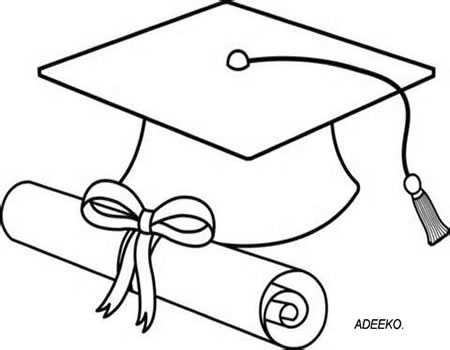In Nigeria, however, education standard is falling as it is nothing to write home about. Nowadays, the effect is being felt in external examinations such as West Africa Examinations Council (WAEC), National Examination Council (NECO), Joint Admissions and Matriculation Board (JAMB), among others.
The rampancy of examination malpractices is worrisome. Today, students, especially those from rich homes, cannot write and pass examinations on their own, but had to be assisted by their parents, who connived with some supervisors at examination centres known as ‘special centres.’
ALSO READ: Primaries: Anxiety in APC, PDP, others
Aside the bad influences of some parents on their children, some lecturers too take advantage of some of the female students to perpetrate malpractices. They, often times, threaten to fail anyone who fails to yield to their advances. The “willing students” would even have access to the questions prior to the examination day. Some even take it along with them to the hall. This is how deep-rooted the malpractice is in Nigeria.
In Nigeria today, students are using all kind of means to get good results in examinations. As shown by statistics, results are no longer reflections of students’ intellectual capacity. Many graduates today cannot defend the certificates they have, a reason some of them are not employable.
Aside malpractices, corruption is endemic in Nigerian educational institutions. Nowadays, funds meant to build structures and equip library in schools are diverted into private accounts of many administrators. Where structures are built at all, they are sub-standard, such that it could not last a little while before it collapses. Many structures in schools are dilapidated and many students have to bear the consequences, learning in an unsuitable environments.
As a way out, therefore, students should brace up for academic activities and prepare adequately for examinations. Also, parents sh ould encourage them to read, instead of finding “shortcuts” for them. A student with poor background will naturally fail, even if managed to tertiary education level.
Also, school administrators must be made accountable. Teachers and lecturers must be at their duty posts, ready to impart knowledge into the students. There must be dignity of labour. With these, the standard may rise again.
Ebunoluwa Ajibola
Osun State Polytechnic, Iree






